President Biden’s Inflation Reduction Act (IRA) has caused a surge in green policies and a net boom for sustainable companies. Here’s a quick rundown of what’s been happening and where the sector could go from here.
The Birth of the IRA

In 2022, Biden announced the creation of the landmark IRA, a new federal law that aimed to slow inflation, lower drug prices, and invest money into clean domestic energy sources.
Biden’s Landmark Legislation
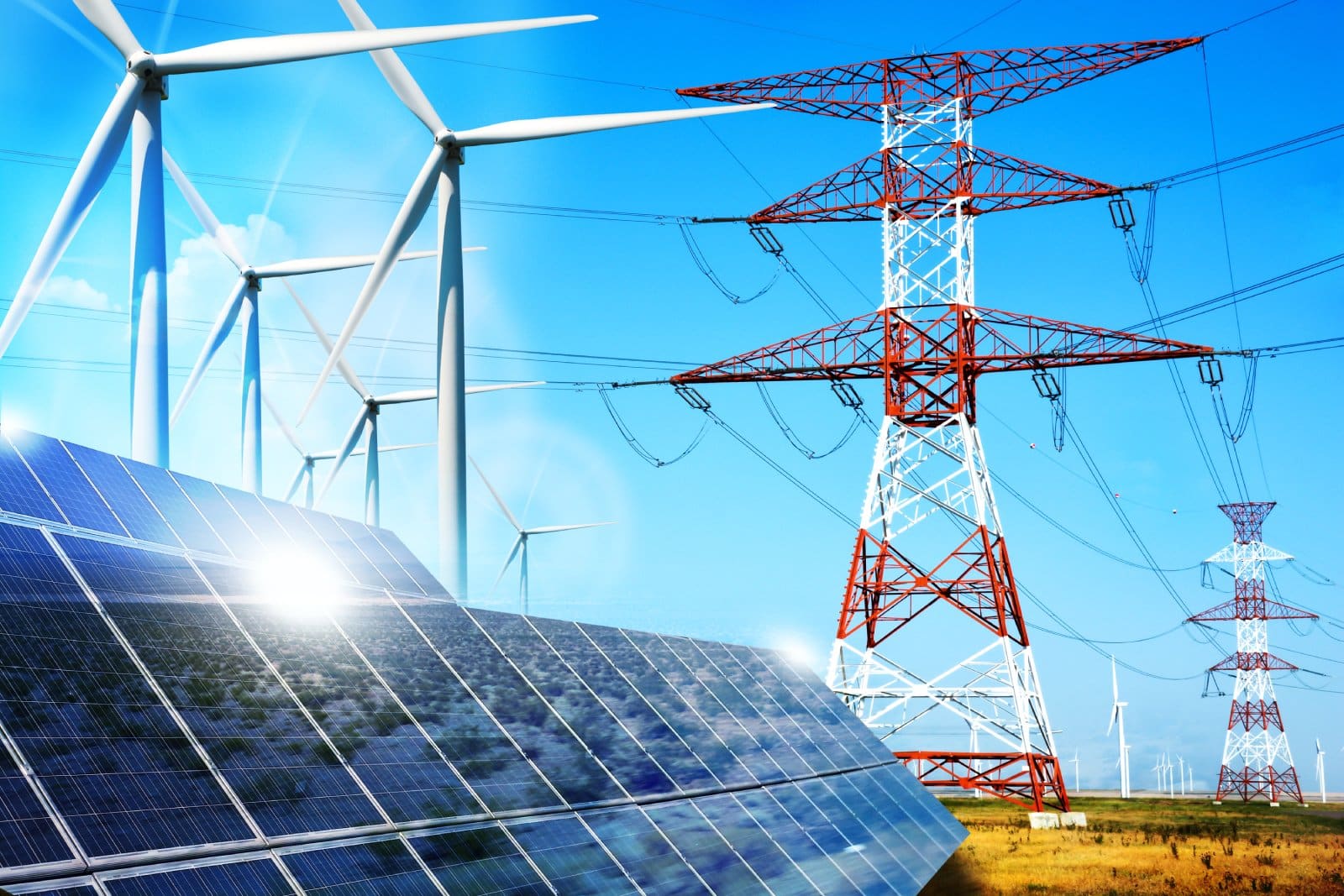
At the time, it was heralded as the “most significant action Congress has taken on clean energy and climate change in the nation’s history.”
It earmarked billions of dollars for clean energy initiatives and other resources to tackle climate change.
Assessing the IRA’s Impact

Now, a year and a half on from the Act, green companies across the U.S. are seeing the benefits as the money from the government has begun rolling in.
Investing in Clean Energy

Just recently, in February of this year, LanzaJet, which makes eco-friendly aviation fuel, announced it would now be building a new, bigger plant in the U.S.
Building Green Jobs

This decision was influenced by the IRA and is set to create hundreds of green jobs in a sector that’s rapidly developing.
LanzaJet’s Expansion

“We have a global landscape that we are pursuing…[but] we have doubled down on building here in the United States because of the tax credits in the IRA and because of the overall support system that the U.S. government has put in place,” the company’s CEO said.
Tax Breaks and Incentives

The IRA offers special tax breaks, loans, and guarantees to companies that specialize in clean energy tech or the equipment needed for it, like electric cars and batteries.
Electric Cars and Beyond
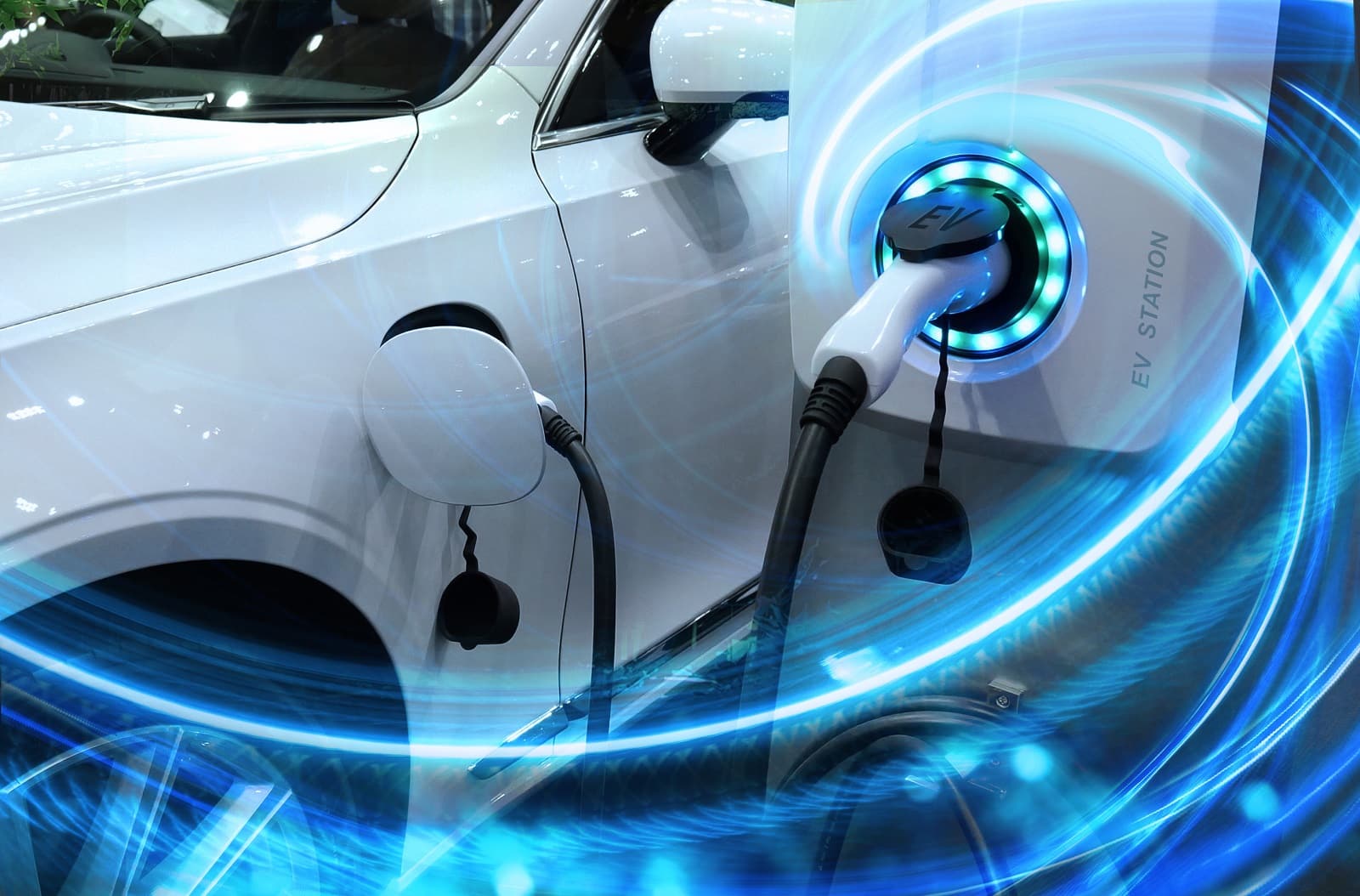
People also get tax credits for buying electric cars or installing eco-friendly tech at home.
The Role of the BIL in Green Initiatives

Alongside the IRA, the Bipartisan Infrastructure Law (BIL) is also doing its part for green businesses.
Fueling Clean Energy Research

The BIL gives direct money to companies through grants for clean energy research and projects, such as Ascend Elements – an E.V. battery recycling company that recently won almost $500 million in grants.
Ascend Elements is planning on using the newly obtained funds to open a second facility, which will create hundreds of jobs in the process.
Record Highs

Recent data from the Clean Investment Monitor (CIM) shows that clean energy investments hit record highs in 2023, showing that more money is going into eco-friendly technologies.
The Impact on Solar and EVs
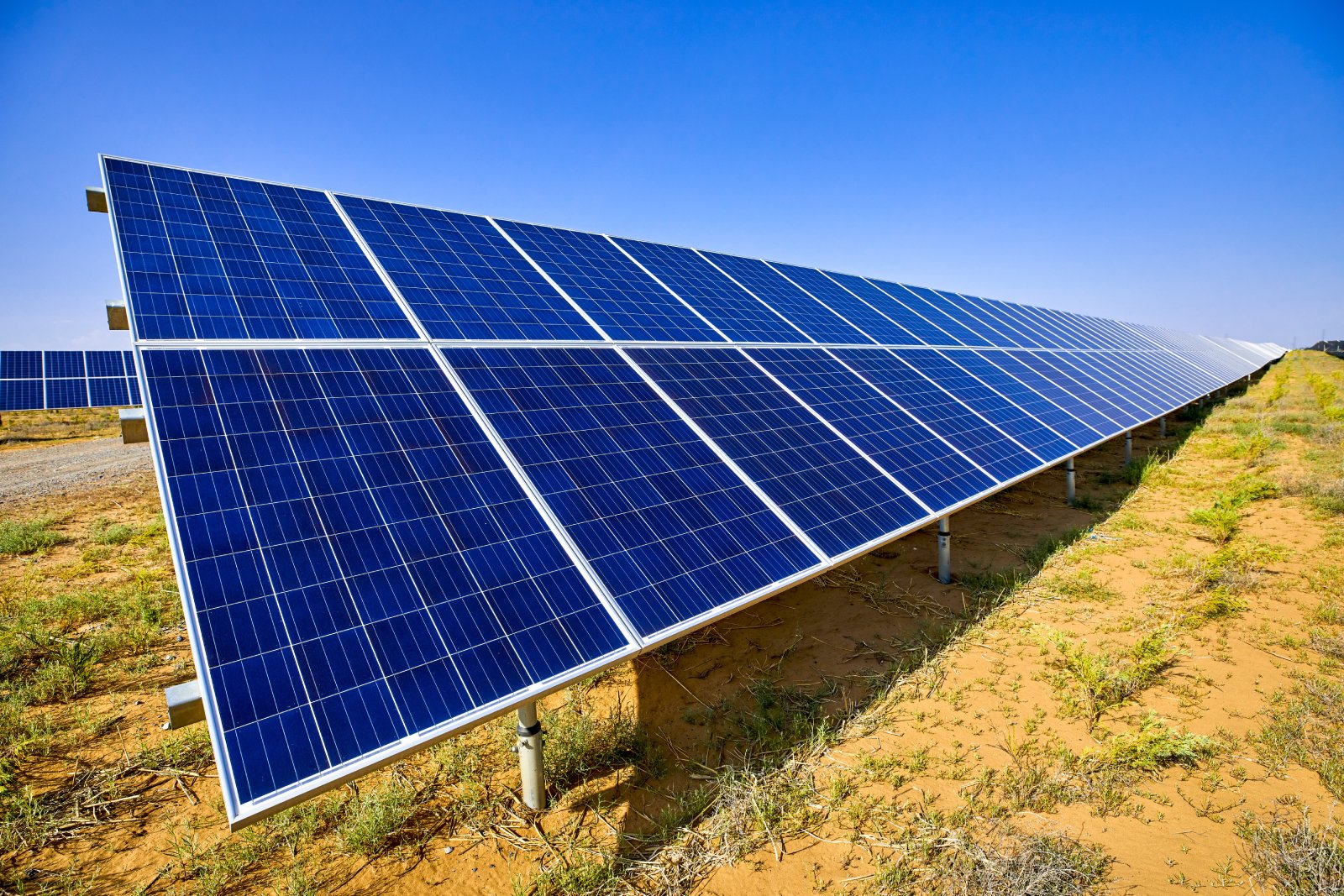
The IRA is also speeding up investment in established clean energy areas like solar power and electric vehicles, helping the country move towards a greener future.
Transitioning to a Cleaner Economy

One expert explained that ” [The IRA and BIL] are massive investments… larger than the infrastructure-related provisions in the New Deal. There is a clear sense that America has become more serious about transitioning to a cleaner economy.”
Emerging Technologies
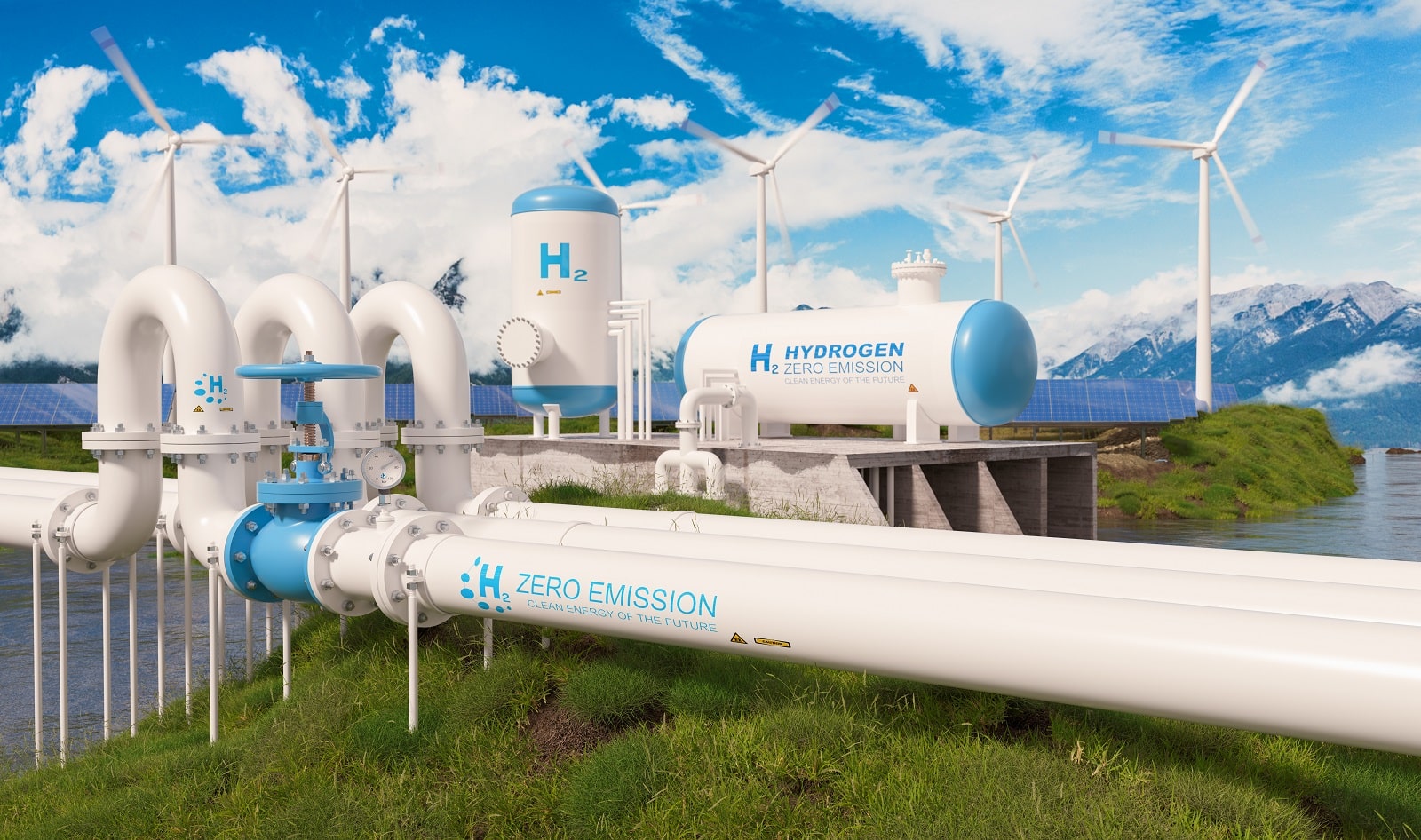
With both the IRA and the BIL working in tandem, the country has seen a push for green investment in newly emerging climate technologies.
These include things like clean hydrogen, carbon dioxide capture and removal, and sustainable aviation fuel (SAF).
Challenges and Opportunities

Although they don’t receive as much funding as traditional green energy technologies, it’s still a notable amount of cash flow that’s allowing these companies to increase production and hire new workers.
The Winds of Change for Wind Power

However, it’s not all sunshine and rainbows; there are still some issues. The IRA hasn’t done much to help companies that focus on technologies like wind power and heat pumps, which have been steadily losing investment in the last few years – although experts argue that without the IRA, things may have gotten even worse for these companies.
Election Uncertainty

Looking forward, it’s hard to say what will happen, especially with the November 2024 presidential elections coming up. If the government changes, the IRA might change, too.
Conservative Critiques

Conservative groups are already pushing to get rid of the IRA, saying it costs too much and that clean energy should stand on its own without subsidies.
Global Competition

Advocates for the IRA and BIL, meanwhile, argue that the U.S. needs to keep investing in clean energy to remain competitive on a global platform and protect the environment.
U.S. Policies Impacting Global Decisions

Experts have noted that the U.S.’s efforts are making European countries take notice and step up their own clean energy game.
Some European companies are now setting up manufacturing facilities in the U.S. to take advantage of tax credits, which were previously better in Europe.
The Race to Number 1
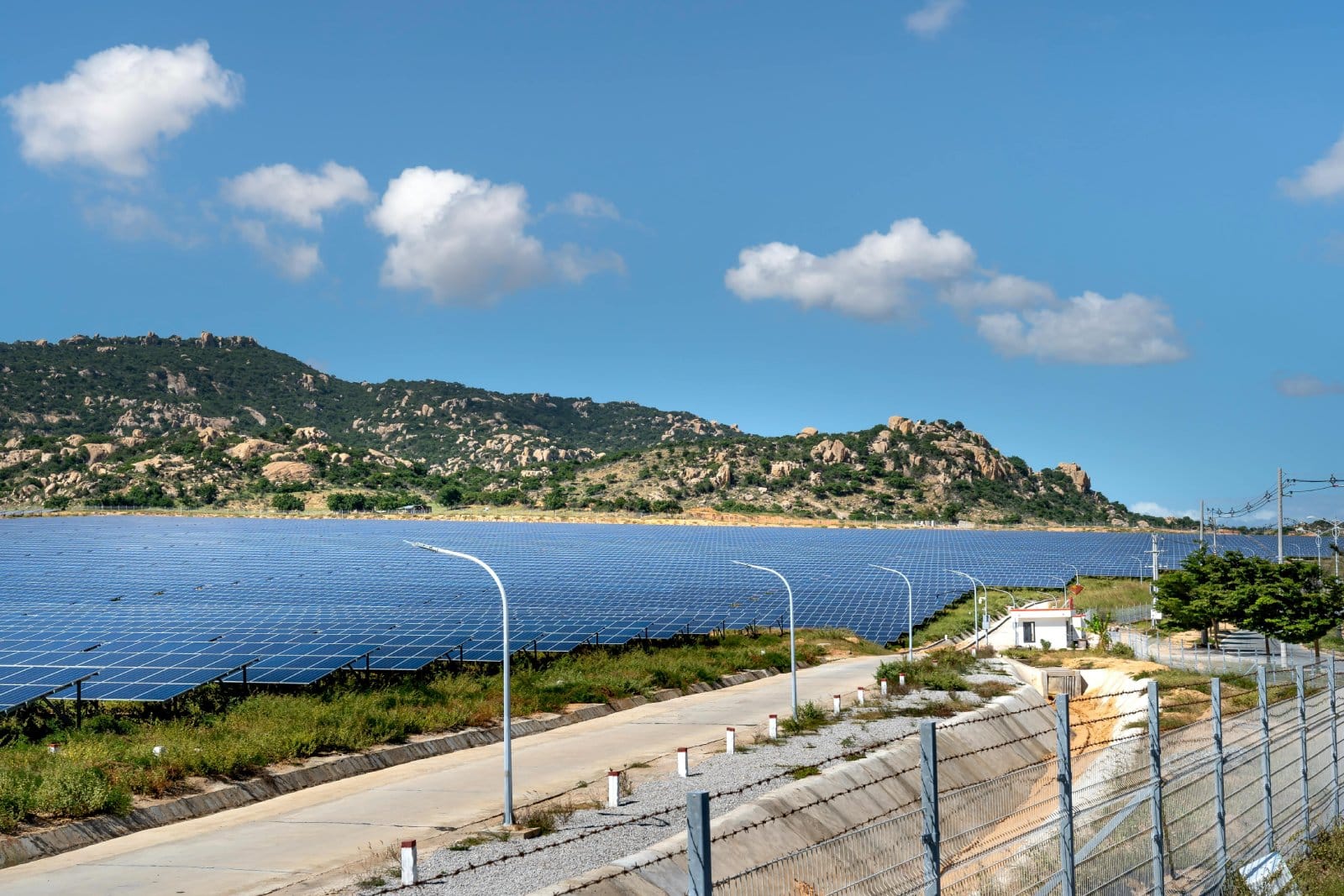
Many are hopeful that this competitive landscape will help advance eco-friendly technologies and allow the U.S. to become the world’s number one producer of green energy.
The post Green Gold Rush: Clean Energy Companies Thrive Under New Legislation first appeared on Wealthy Living.
Featured Image Credit: Shutterstock / r.classen.
The content of this article is for informational purposes only and does not constitute or replace professional financial advice.





